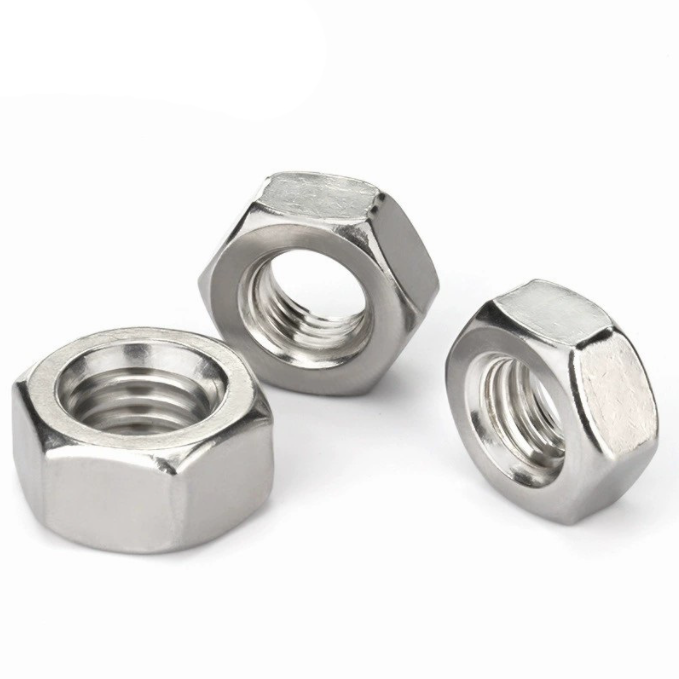

Exploring the Impact of Fastener Material on Performance and Durability in Engineering Applications
Dec . 10, 2024 20:11 Back to list
Exploring the Impact of Fastener Material on Performance and Durability in Engineering Applications
Understanding Fastener Materials A Comprehensive Guide
Fasteners play a crucial role in a variety of applications, from construction to automotive and electronics. They secure components together and ensure the stability and integrity of structures. One essential aspect of fasteners is the material they are made from, as it significantly impacts their performance, durability, and suitability for specific applications. In this article, we will explore various fastener materials, their properties, and their ideal use cases.
Common Fastener Materials
1. Steel
Steel is one of the most commonly used materials for fasteners due to its strength and versatility. It is available in various grades and types, such as stainless steel, carbon steel, and alloy steel.
- Stainless Steel Known for its corrosion resistance, stainless steel is ideal for fasteners used in outdoor applications, marine environments, and anywhere exposure to moisture is a concern. Common grades include 304 and 316, with 316 offering superior resistance to chlorides.
- Carbon Steel Often used for fasteners that require high strength, carbon steel fasteners can be heat-treated to enhance their hardness. However, they are more susceptible to rust if not coated or treated properly.
- Alloy Steel This type of steel is mixed with other elements to enhance specific mechanical properties. Alloy steel fasteners provide excellent strength and toughness, making them suitable for heavy-duty applications.
2. Aluminum
Aluminum fasteners are lightweight and resistant to corrosion, making them an excellent choice for applications where weight is a concern, such as in the aerospace and automotive industries. Aluminum also has good thermal and electrical conductivity. However, while aluminum fasteners can be strong, they are typically not as strong as steel and may not be suitable for high-load applications.
3. Plastic
Plastic fasteners, such as nylon and polypropylene, are increasingly popular in various applications due to their lightweight nature and resistance to corrosion and chemicals. They are ideal for applications that require non-conductive properties, such as electrical components. However, plastic fasteners may not possess the strength of metal options and can be more susceptible to temperature flare-ups.
fastener material

4. Titanium
Titanium fasteners are known for their outstanding strength-to-weight ratio and excellent corrosion resistance. They are commonly used in high-performance applications, including aerospace, medical implants, and marine environments. Although titanium is more expensive than other materials, its benefits often outweigh the costs, particularly in situations where failure is not an option.
5. Bronze and Brass
Bronze and brass fasteners are used in specific applications, particularly where corrosion resistance is vital. Bronze, an alloy of copper and tin, is particularly resistant to saltwater, making it ideal for marine applications. Brass, made of copper and zinc, offers good corrosion resistance and is often found in plumbing and electrical fittings.
Selecting the Right Fastener Material
Choosing the appropriate fastener material depends on several factors, including the environment in which the fastener will be used, the loads it must hold, and specific requirements for corrosion resistance, weight, and cost.
- Environmental Considerations Fasteners exposed to harsh environments, such as saltwater or chemicals, must be made of materials that resist corrosion. Stainless steel or plastic options may be the best choice in such scenarios.
- Load Bearing For heavy loads, steel fasteners are typically preferred due to their strength.
- Cost and Availability While high-performance materials like titanium offer advantages, they may also significantly increase project costs. Assessing the budget and availability of the material is crucial.
Conclusion
Fastener materials play a pivotal role in ensuring the functionality and durability of applications across various industries. By understanding the properties of different materials, engineers and designers can make informed decisions to select the most suitable fasteners for their needs. Properly chosen fasteners not only improve the performance of a product but also enhance safety and longevity, proving that the right material choice is as important as the fastener itself.
Latest news
-
Hot Dip Galvanized Bolts - LongZe Metal Products|Corrosion Resistance, High Strength
NewsAug.03,2025
-
Premium Cap Nuts: Secure & Durable Fastening Solutions
NewsAug.03,2025
-
High-Strength Hot Dip Galvanized Bolts - LongZe Metal Products|Corrosion Resistance, Customization
NewsAug.03,2025
-
Hot Dip Galvanized Bolts-Hebei Longze|Corrosion Resistance&High Strength
NewsAug.03,2025
-
High-Strength Hot Dip Galvanized Bolts - Hebei Longze|Corrosion Resistance&Customization
NewsAug.02,2025
-
Hot Dip Galvanized Bolts-LongZe|Corrosion Resistance&Customization
NewsAug.02,2025

